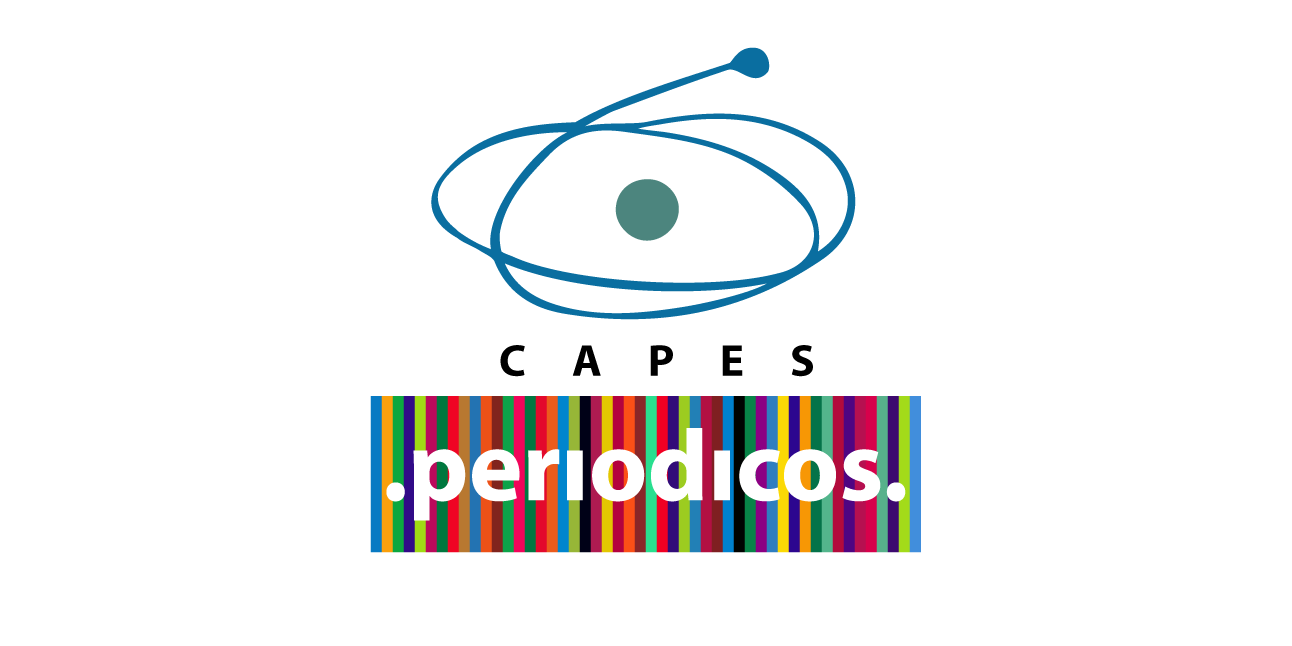Induced Hyperglycemia by Fluoxetine in Rats Treated with Glibenclamide
Keywords:
Depressão, Diabetes, Fluoxetina, Glibenclamida, Depression, Fluoxetine, Glibenclamide.Abstract
Considering that the fluoxetine is the most used medicine for the treatment of depression in diabetic patients and considering that this antidepressant interferes in the glycemia of these patients, this work aimed at investigating a possible interaction between fluoxetine and the oral hypoglycemic drug, the glibenclamide. For that, the fasting glucose of male Wistar rats submitted to the following groups of treatment was determined: saline; glibenclamide (0,6 mg/kg); fluoxetine (20 mg/kg); glibenclamide (0,6 mg/kg) more fluoxetine (0,6 mg/kg). The results were analyzed statistically by the Anova test followed by the Borferroni test, with p<0,05 as a significance level. The animals treated with saline had average of glycemia of 86,56 - ± 7,9 mg/dL. The fluoxetine induced hyperglycemia (135,37* ± 9,39 mg/dL), while the glibenclamide reduced the glycemic values (69,55* ± 8,7 mg/dL). The association of fluoxetine with glibenclamide resulted in hyperglycemia (116,56* ± 5,52 mg/dL). These results demonstrate that the effect of hyperglycemic agents of fluoxetine eliminates the effect of hypoglycemic agents of glibenclamide, suggesting that the fluoxetine can exert its glycemic effects by altering the secretion of insulin. Thus, it becomes important that diabetic patients that use secretagogues of insulin had its glycemia rigorously controlled when submitted to the treatment with fluoxetine.Downloads
Published
2008-06-26
How to Cite
Oliveira, A. L. de, Stefanello, T. F., Rosolem, P. S., Souza, C. C. de, & Ramos, E. R. de P. (2008). Induced Hyperglycemia by Fluoxetine in Rats Treated with Glibenclamide. Iniciação Científica Cesumar, 10(1), 49–54. Retrieved from https://periodicos.unicesumar.edu.br/index.php/iccesumar/article/view/695
Issue
Section
Artigos Originais
License
The Editorial Board is authorized to make certain changes in the original text to comply with bibliographical norms, orthography and grammar, so that standards in language and style may be maintained. However, the author´s style will be preserved. The concepts developed by the authors are their exclusive concern and responsibility.In case of approval, the e-mail of acceptance will contain a Letter of Copyright with authors´ name, personal data, and signature of all authors.






